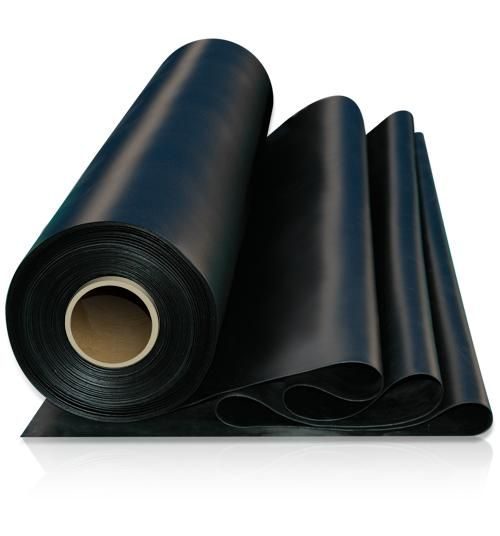
India's rubber industry is diverse and expanding, encompassing various applications from automotive parts to industrial and consumer products. The manufacture of rubber sheets, a crucial component in numerous sectors, involves a blend of traditional craftsmanship and modern technology. This sector has seen considerable growth due to rising industrialization, increasing demand for flexible materials, and advancements in production techniques.
Overview of Rubber Sheet Manufacturing in India
Rubber sheets are used across many industries, including automotive, aerospace, construction, and healthcare. Their applications range from seals, gaskets, and insulation to flooring and cushioning materials. In India, the rubber sheet manufacturing sector is supported by a combination of established players and innovative new entrants, contributing to a vibrant and competitive market.
Manufacturing Process
The manufacturing process for rubber sheets involves several key stages, each critical to producing a high-quality end product:
-
Compounding: This stage involves mixing raw rubber with various additives like accelerators, fillers, and stabilizers to achieve the desired properties. The rubber compound is blended in a kneader or an internal mixer.
-
Calendering: The compounded rubber is passed through a series of rollers in a calendering machine to produce thin, uniform sheets. This process helps in achieving the desired thickness and smoothness.
-
Vulcanization: Vulcanization, or curing, is a crucial step where the rubber sheets are heated with sulfur or other curing agents. This process cross-links the rubber molecules, enhancing the material's strength, elasticity, and durability.
-
Cutting and Finishing: After vulcanization, the rubber sheets are cooled and cut into the required sizes. Additional finishing processes, such as surface treatment and quality checks, ensure the sheets meet the specifications and standards required by different industries.
-
Quality Control: Rigorous quality control measures are implemented throughout the production process to ensure that the rubber sheets meet industry standards and customer requirements. Testing for properties like tensile strength, elongation, and hardness is common.
Applications and Uses
Rubber sheets manufactured in India serve a broad range of applications:
- Automotive: Used for gaskets, seals, and vibration dampeners.
- Construction: Applied in roofing, flooring, and insulation materials.
- Industrial: Employed as protective linings, conveyor belts, and sealing solutions.
- Healthcare: Utilized in medical devices, mats, and cushioning materials.
Market Trends and Innovations
The rubber sheet manufacturing industry in India is witnessing several trends and innovations:
-
Sustainability: There is a growing emphasis on producing eco-friendly rubber sheets using recycled materials and sustainable practices. Manufacturers are exploring ways to reduce waste and lower the environmental impact of production.
-
Advanced Materials: Development of high-performance rubber materials with enhanced properties such as increased heat resistance, chemical resistance, and durability is a significant trend. These advanced materials cater to specific industry needs.
-
Customization: Manufacturers are increasingly offering customized solutions to meet the unique requirements of different industries. This includes producing rubber sheets with specific colors, thicknesses, and properties.
-
Technological Integration: Adoption of advanced technologies like automated production lines, digital quality control systems, and smart manufacturing processes is becoming more prevalent. These technologies enhance efficiency, precision, and product consistency.
Challenges and Opportunities
The rubber sheet manufacturing industry in India faces several challenges:
-
Raw Material Costs: Fluctuations in the prices of raw materials, including natural rubber and synthetic compounds, can impact production costs.
-
Regulatory Compliance: Adhering to stringent quality and environmental regulations requires constant vigilance and investment in compliance measures.
-
Competition: The market is competitive, with numerous players vying for market share. Manufacturers need to differentiate themselves through quality, innovation, and customer service.
Despite these challenges, there are significant opportunities for growth:
-
Expanding Market: The increasing demand for rubber sheets in emerging sectors and regions presents growth opportunities for manufacturers.
-
Technological Advancements: Investing in technology and innovation can lead to new product offerings and improved production efficiency.
-
Export Potential: With a growing global market, Indian rubber sheet manufacturers have the opportunity to expand their export activities and tap into international markets.
Conclusion
The rubber sheet manufacturing industry in India is a dynamic sector characterized by a mix of traditional practices and modern advancements. With a strong foundation of established companies, innovative practices, and a growing market, the industry is well-positioned for continued growth and success. The focus on sustainability, advanced materials, and technological integration will likely drive future developments in this sector, contributing to India's position as a significant player in the global rubber industry.

